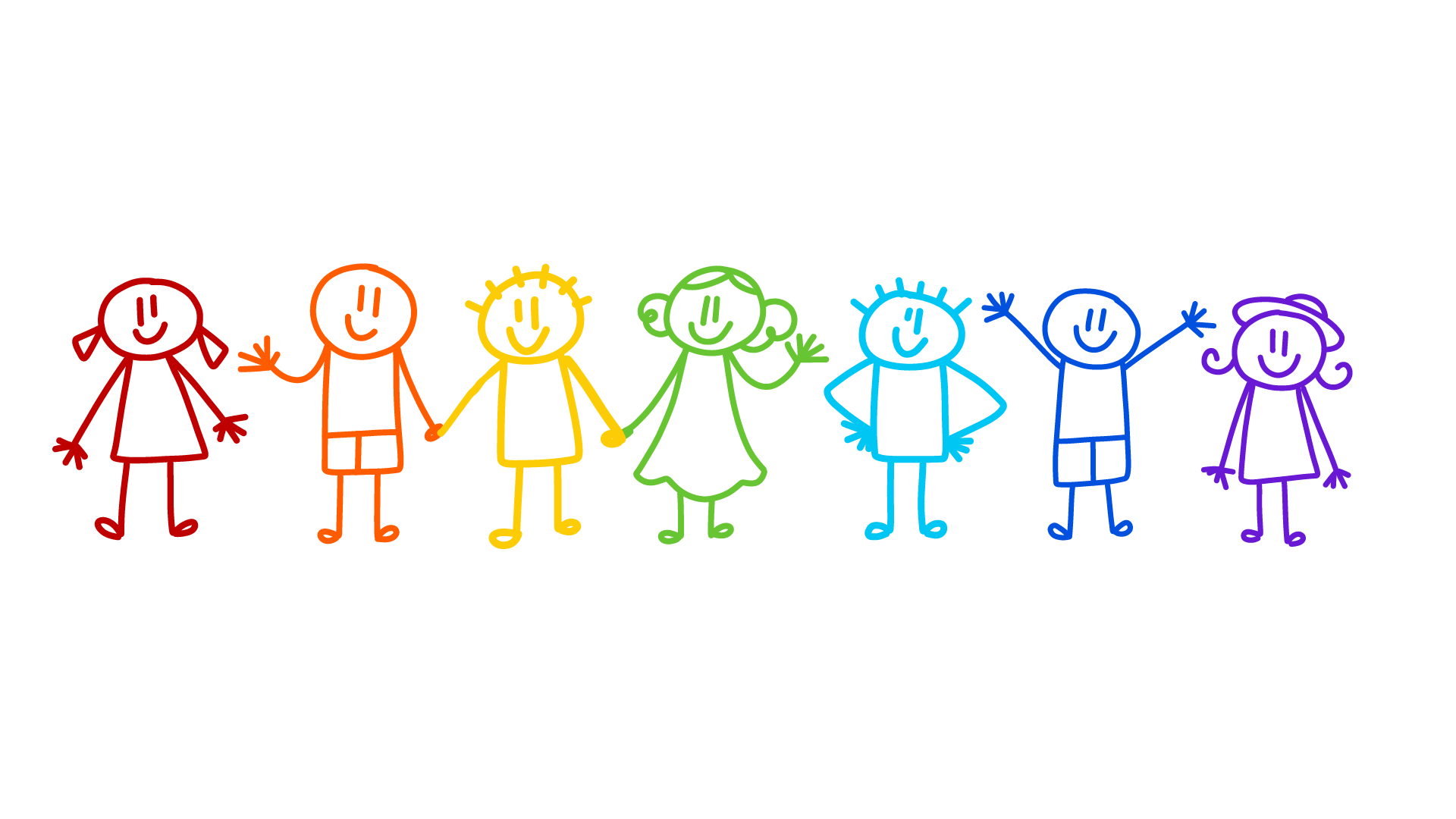The early years, particularly the first three, are a critical window of opportunity for brain development. During this time, the brain forms vital connections that shape learning, behavior, and health. Early intervention capitalizes on this crucial period by providing targeted support to address potential delays in areas like: Communication: Speech and language skills are crucial for social interaction and learning. Early intervention can help children develop these skills through play-based activities, speech therapy, and other techniques. Cognitive development: This encompasses problem-solving, memory, and critical thinking skills. Early intervention programs can provide tools and strategies to enhance these areas, setting the foundation for future academic success. Social and emotional development: Learning to interact with others and manage emotions are essential life skills. Early intervention can foster social development through play groups, social skills training, and emotional regulation techniques.
.png)
.jpg)
